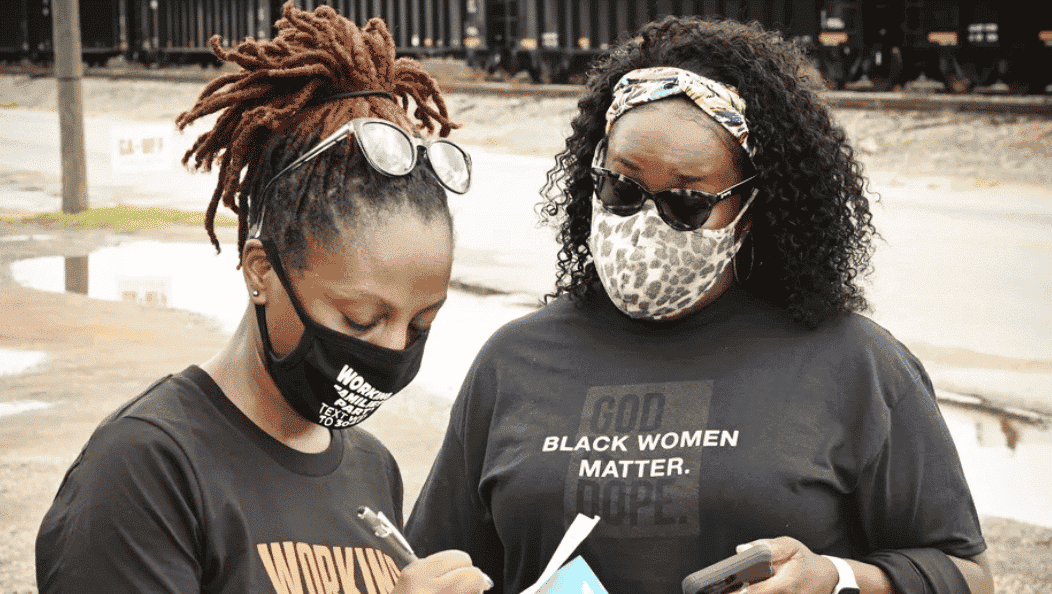Does having a federal Juneteenth holiday mean we’re free?

By Erika Washington, Executive Director, Make It Work Nevada
I’m a Black woman born in the United States. My parents were born in the United States, my grandparents, and their grandparents and before that I wouldn’t be able to pinpoint our origin because of slavery. All I know is America, yet I don’t feel like America knows me.
Juneteenth became a federal holiday in 2021. Still, many people have no idea what it is and why many African American and Black people celebrate it. Truth be told, I don’t know if I can fully know either.
A brief history lesson:
On January 1, 1863, President Abraham Lincoln issued the Emancipation Proclamation which declared “that all persons held as slaves” within the rebellious states “are, and henceforward shall be free”. This was about three years into the
Civil War. This is when people usually acknowledge that “Lincoln freed the slaves.” A deeper history lesson and a wee bit of research taint the idea of President Lincoln being a champion of Black freedom, but we can save that for an Abe Lincoln birthday post.
Nonetheless, the Civil War officially ended on April 9, 1865. The North ‘won’, the 13th Amendment wasn’t passed by the House of Representatives until January 31, 1865, and ratified nearly 11 months later on December 6, 1865. From what I understand everybody knew the war had ended in April and many enslaved people considered themselves free at that moment; but enslaved folks in Texas didn’t get the memo until June 19th. Basically, we now have a federal holiday and a state holiday in a few states that celebrate those who were last to know.
I appreciate the acknowledgement of these events because in 2023 it feels like my history—Black history, which is America’s history––is being constantly edited, erased, and purposely disregarded. I’m here to celebrate the shackles being removed from my ancestors and the opportunity and hope they may have felt for the future. I can imagine that they may have felt like they could dream of more.
But, if I am to be honest, I struggle to celebrate our freedom from chattel slavery 158 years ago because the 13th Amendment, which took nearly three years to finalize, didn’t completely abolish slavery. It states that “neither slavery nor involuntary servitude, except as a punishment for a crime whereof the party shall have been duly convicted, shall exist in the United States, or any place to their jurisdiction.” Abolish means to formally put an end to a system—that didn’t happen. And if you are convicted of a crime and go to prison, you are a slave; there is no other way to interpret that.
There is hope, there is always hope. Currently there is a movement to remove this stipulation from every individual state’s constitution through the vote of the people. Five states voted on ballot initiatives in 2022 to remove this language. It passed in four: Alabama, Oregon, Tennessee, and Vermont. Louisiana rejected it. More ballot initiatives will be presented in 2024, and that excites me about what this will mean for the 13th Amendment and even more so how this changes the criminal justice system and how the prison industry treats people convicted of crimes.
I will continue to celebrate Juneteenth, but like my ancestors, I have dreams of more: I dream of one day celebrating the actual abolishment of slavery.